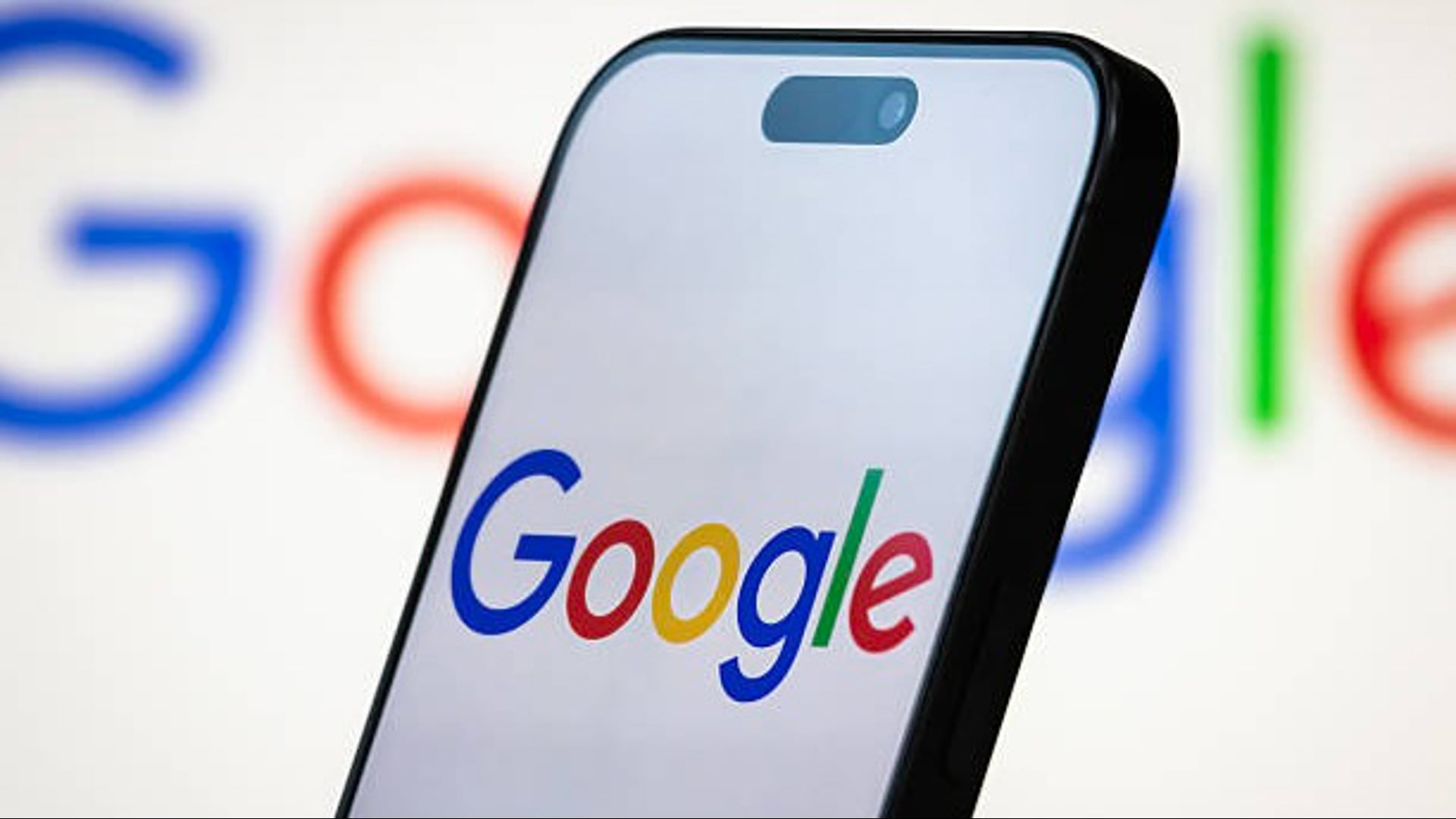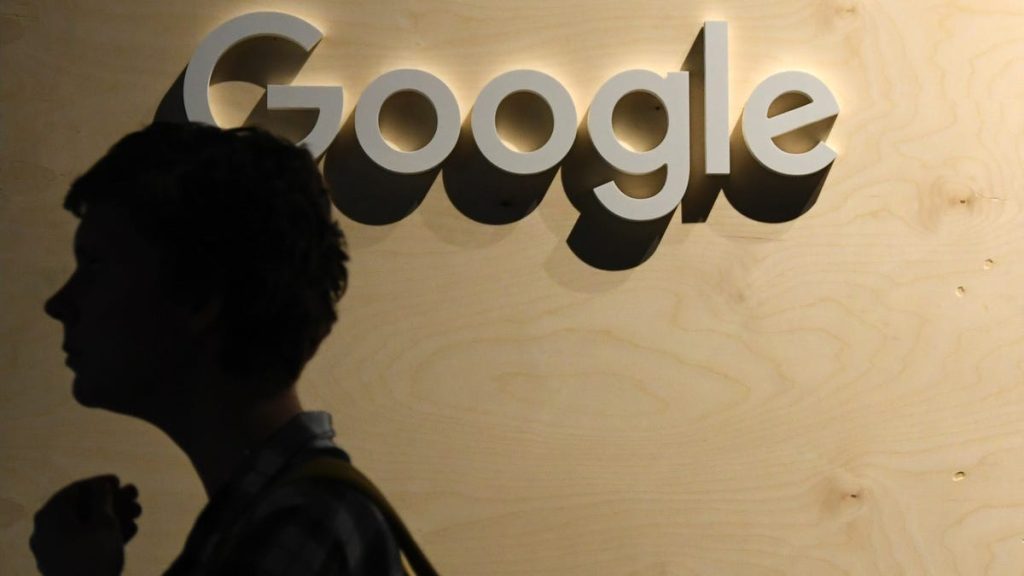
Justice Department pushes to break up Google’s search monopoly
The Justice Department has begun a three-week hearing to determine how to address Google’s illegal monopoly in internet search, with the government calling for major structural changes.
unbranded – Newsworthy
As part of a new opt-in experiment, Google is removing the “I’m Feeling Lucky Button” and replacing it with AI Mode, its enhanced AI search tool.The “I’m Feeling Lucky” button is not going away entirely. It will only disappear for Google users who opt-in to the experiment.Google’s AI Mode functions similarly to OpenAI’s ChatGPT.AI Mode is free and accessible to all Google users.
No more feeling lucky for some Google users, as the search engine runs a new artificial intelligence experiment.
For years, a button under the Google search bar has allowed users a different search experience. Rather than typing in a word, phrase or question and getting a string of results, the “I’m Feeling Lucky” button takes users to the top-result webpage associated with their input. As part of a new artificial intelligence experiment, the button has been removed for users tapped into the search engine’s AI program, Google Labs. In its place is a new artificial intelligence feature called AI Mode.
“We often test different ways for people to access our helpful features. This is just one of many experiments, and it’s limited to Labs users only,” a Google spokesperson told USA TODAY on May 27.
Here’s what to know about Google’s latest AI experiment.
What is Google’s ‘I’m Feeling Lucky’ button?
The “I’m Feeling Lucky” button is located underneath the Google search bar when visiting Google.com. When users enter a word, phrase or question in the Google search bar and then click the “I’m Feeling Lucky” button, rather than using the traditional search, users are taken to the top-result webpage for their input.
For example, if a user searches “dog food” on Google, an array of responses generate. The user may see sponsored dog food options through Google Shopping, a list of stores that sell dog food and top-selling dog food websites.
If a user searches “dog food” on Google and clicks the “I’m Feeling Lucky” button, the user is taken to the Chewy website, as this webpage is the top clicked result by Google users who search “dog food.”
Why is Google getting rid of the ‘I’m Feeling Lucky’ button?
Google is not completely phasing out the “I’m Feeling Lucky” button and most Google users are still able to access it. The removal of the button for Google Labs users is a part of an experiment gauging the use of artificial intelligence in tandem with Google search.
What is Google’s AI Mode?
Google’s AI Mode is an artificial intelligence-powered search engine that uses a “query fan-out” technique, conducting multiple searches to compile one response for a more complex answer. AI Mode functions similar to software like OpenAI’s ChatGPT.
“You can ask nuanced questions that might have previously taken multiple searches − like exploring a new concept or comparing detailed options − and get a helpful AI-powered response with links to learn more,” Vice President of Google Search Product Robby Stein wrote about AI Mode in a May 5 blog post.
While initially limited to Google Labs users − people who have signed up for Google’s early testing experiments, AI Mode is now available to all Google users based in the U.S. who opt in to the tool.
How to try Google’s AI Mode
Not a Google Labs user but still want to try out AI Mode? Here’s how:
Visit labs.google.com/search/experiment/22?source=googlelabs.Toggle “Turn this experiment on or off” and click “Try AI Mode.” If prompted with a pop-up, accept.AI Mode will then be available to use on Google search.
What is Google Labs? Is it free?
Google Labs allows users to test Google’s early-stage experiments and provide feedback. Labs is free, but Google users must sign up to participate in the program with a valid Google account. Google student and work accounts do not qualify.
Greta Cross is a national trending reporter at USA TODAY. Story idea? Email her at gcross@usatoday.com.

